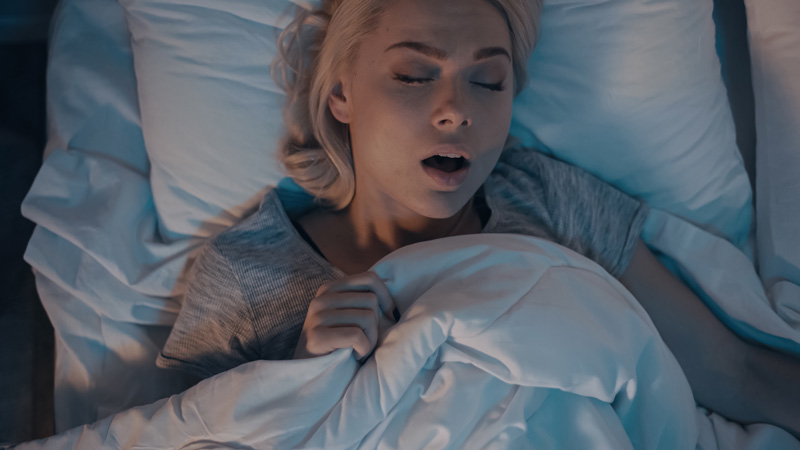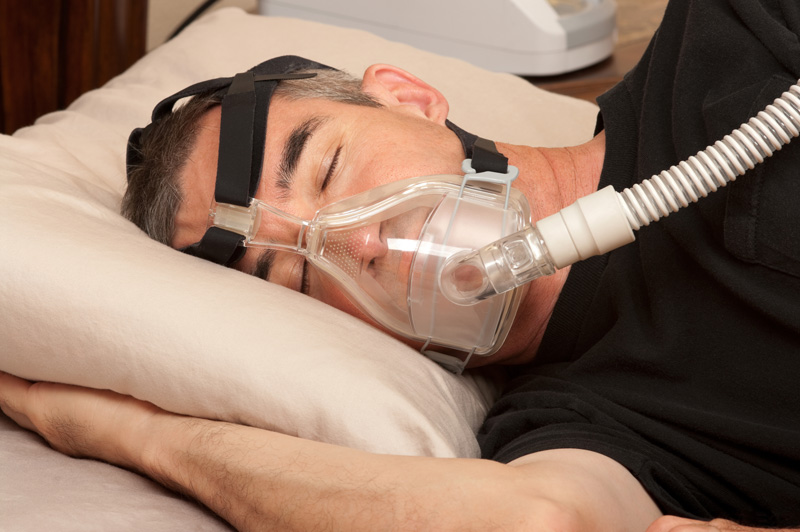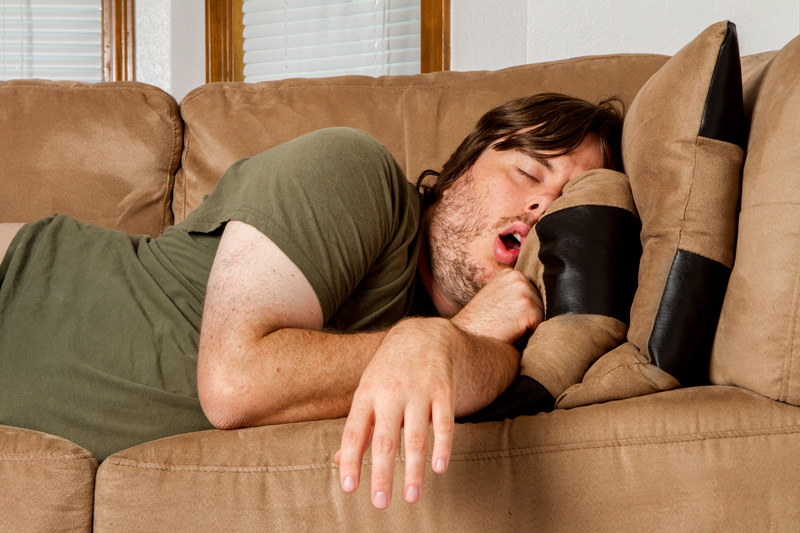Table of Contents
When you receive a diagnosis of sleep apnea, you need information. You might have heard the term before, but you never really paid attention. This guide to sleep apnea provides you with a starting point for your sleep apnea and what to expect in the future.
What Is Sleep Apnea?
Sleep apnea is a sleeping disorder, where your breathing stops and starts many times throughout the night. It has the potential to be a serious health issue for you. You might first notice that you snore loudly or wake up after a full night’s sleep feeling tired.
Can You Die From Sleep Apnea?
It is possible to die from sleep apnea if it’s very severe and if you leave the condition untreated. Typically, when you stop breathing during a sleep apnea episode, the brain recognizes the lack of oxygen and wakes you up, so you begin breathing again. This causes you to feel tired when you wake up the next morning.
Is Sleep Apnea Dangerous?
Yes, sleep apnea has the potential to become a dangerous and life-threatening condition if severe and left untreated. You rely on your subconscious to wake you to begin breathing again. It’s essential that you follow your doctor’s advice and pursue surgery if it’s recommended.
How Do You Treat Sleep Apnea?
After being diagnosed with sleep apnea, your treatment will most likely begin with lifestyle changes and practice better self-care. You might need to lose weight and use a continuous positive airway pressure (CPAP) machine to help you continue breathing correctly throughout the night. In some cases, your doctor may recommend surgery on the nose or sinuses, a tonsillectomy, adenoid removal, and/or a uvulopalatoplasty
Is Sleep Apnea Genetic?
Some studies have suggested that there are a couple of genes that add to your potential to develop sleep apnea. However, there are other factors like anatomy that play a part in your development of sleep apnea like your overall health and lifestyles choices. While genetics might play a role, it isn’t the only factor.
Can Sleep Apnea Be Cured?
While CPAP and other oral appliances can minimize the effects of sleep apnea, they don’t cure this sleeping disorder. If you want to get rid of the condition, you need to lose weight and agree to surgery if it’s recommended. However, it’s always best to discuss your options with your doctor and create a strategy together.
How Do You Cure Sleep Apnea?
The only way to cure sleep apnea is through weight loss and surgery. If weight loss is effective, you need to be mindful of regaining the weight.
How Do You Know If You Have Sleep Apnea?
Sleep apnea isn’t like a rash that your doctor can see and diagnose. It begins by noticing some symptoms of sleep apnea, including feeling tired after a full night’s sleep, loud snoring, dry mouth, mood swings, and more.
If your doctor believes that you have sleep apnea, they may order a sleep study, where you go to a specialized diagnosis center and spend the night or do a home sleep study. You’ll be attached to machines and your sleep constantly monitored. The machines will pick up any episodes of sleep apnea.
Is Sleep Apnea Hereditary?
It hasn’t been determined if sleep apnea is a hereditary condition. However, you’re 50 percent more likely to develop the condition if you have a first-degree relative with the condition, such as a parent or sibling.
Researchers have identified a couple of genes that can influence sleep apnea. However, there are a host of factors that affect whether you develop sleep apnea, such as anatomy, weight, and lifestyle. If you think that you’re at risk for developing sleep apnea, you need to discuss it with your doctor and make any recommended changes to reduce your risk.
How Do You Diagnose Sleep Apnea?
A diagnosis for sleep apnea begins by looking at your symptoms. These will include such as loud snoring, your weight, waking up feeling tired, mood swings, and others. Your doctor might send you home with some tests. These tests measure your blood oxygen level, heart rate, breathing patterns, and airflow while you sleep at night.
Your doctor might recommend sending you to a sleep center for testing. This includes nocturnal polysomnography. The machine is hooked up to points of your body to monitor your breathing, heart rate, and breathing patterns. If there are any abnormal results, your doctor will probably diagnose you with sleep apnea.
Does Sleep Apnea Cause Weight Gain?
While sleep apnea doesn’t directly cause weight gains, the symptoms created by it can lead to weight gain. For example, the constant cycle of waking up during the night can lead to fatigue and depression.
Fatigue and depression can create apathy towards proper exercise and eating patterns. This can lead to weight gain. If you notice fatigue or depression as a side effect of sleep apnea, you need to discuss them with your doctor.
Does Sleep Apnea Go Away?
If you have a mild case of sleep apnea due to lifestyle, you might be able to minimize the effects by making lifestyle changes. However, the only way to be rid of sleep apnea for more severe cases is through surgery or CPAP.
At C/V ENT Surgical Group, we can partner with you for treatment for mild to moderate cases of sleep apnea that aren’t caused by extreme obesity. Our team is ready to answer any further questions you have or to schedule an appointment. Contact us today.



